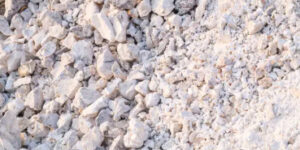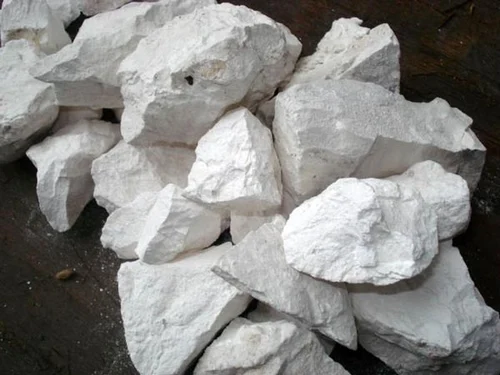The Industrial Benefits of Lime Mineral
Lime minerals, often associated with their health benefits, play an equally vital role in various industries. From construction to environmental management, lime mineral’s versatility and efficiency make it indispensable. In this article, we explore the significant industrial benefits of lime minerals and why it’s a crucial component in numerous applications. The Industrial Benefits of Lime Mineral

What is Lime Mineral?
Lime mineral, primarily composed of calcium carbonate, is derived from natural limestone. It undergoes various processing methods to produce different forms, such as quicklime, hydrated lime, and lime slurry, each serving unique purposes in industrial applications.
Lime Mineral in Construction
The construction industry heavily relies on lime minerals due to their binding properties and durability. Lime is essential in creating strong, long-lasting structures, offering benefits that synthetic materials cannot match.
Enhancing Building Durability
The lime mineral is widely used in the production of mortar and plaster. Its ability to harden over time and resist weathering makes it ideal for construction, especially in historical restorations and modern buildings alike.
Superior Binding Agent
When mixed with sand and water, lime mineral forms a binding agent that is more flexible and breathable than cement. This flexibility reduces the risk of cracking, extending the lifespan of buildings and structures.
Environmental Benefits in Construction
Lime mineral not only contributes to the durability of buildings but also offers environmental benefits. Lime mortar, for example, is recyclable and can be used multiple times, reducing construction waste and promoting sustainable building practices.
H3: Carbon Sequestration Properties
A unique feature of lime mineral in construction is its ability to absorb carbon dioxide from the air as it hardens. This natural process, known as carbonation, helps in reducing the carbon footprint of buildings over time.
Lime Mineral in Water Treatment
The lime mineral is also critical in water treatment processes. Its alkaline nature makes it an effective solution for neutralizing acidic waters and removing impurities, ensuring safe and clean water for industrial and public use.
Purifying Drinking Water
The lime mineral plays a key role in the purification of drinking water. It helps in softening hard water, removing excess minerals that can cause scaling in pipes and damage industrial equipment.
H3: Reducing Water Hardness
By adding lime to water, industries can effectively reduce hardness levels, preventing the build-up of scale in boilers, heat exchangers, and other machinery. This not only improves efficiency but also extends the life of the equipment.
Treating Industrial Wastewater
Industries such as mining, steel production, and chemical manufacturing generate wastewater that can be harmful to the environment. The lime mineral is used to treat this wastewater, neutralizing harmful acids and precipitating heavy metals for safe disposal.
H3: Compliance with Environmental Regulations
Using lime minerals in wastewater treatment helps industries comply with stringent environmental regulations. By effectively neutralizing and treating hazardous waste, companies can avoid hefty fines and contribute to environmental conservation.
Lime Mineral in Agriculture
Beyond construction and water treatment, lime mineral is a crucial agricultural component. It improves soil quality, enhances crop yield, and manages livestock waste, making it a cornerstone of modern farming practices.
Soil pH Management
The lime mineral is commonly used to adjust the pH of acidic soils, creating a more favorable environment for plant growth. This leads to healthier crops and higher yields, supporting sustainable agricultural practices.
H3: Increasing Crop Production
Lime minerals balance soil pH, allowing crops to absorb essential nutrients more effectively. This results in stronger plants, better disease resistance, and increased overall production.
Iran mineral company

